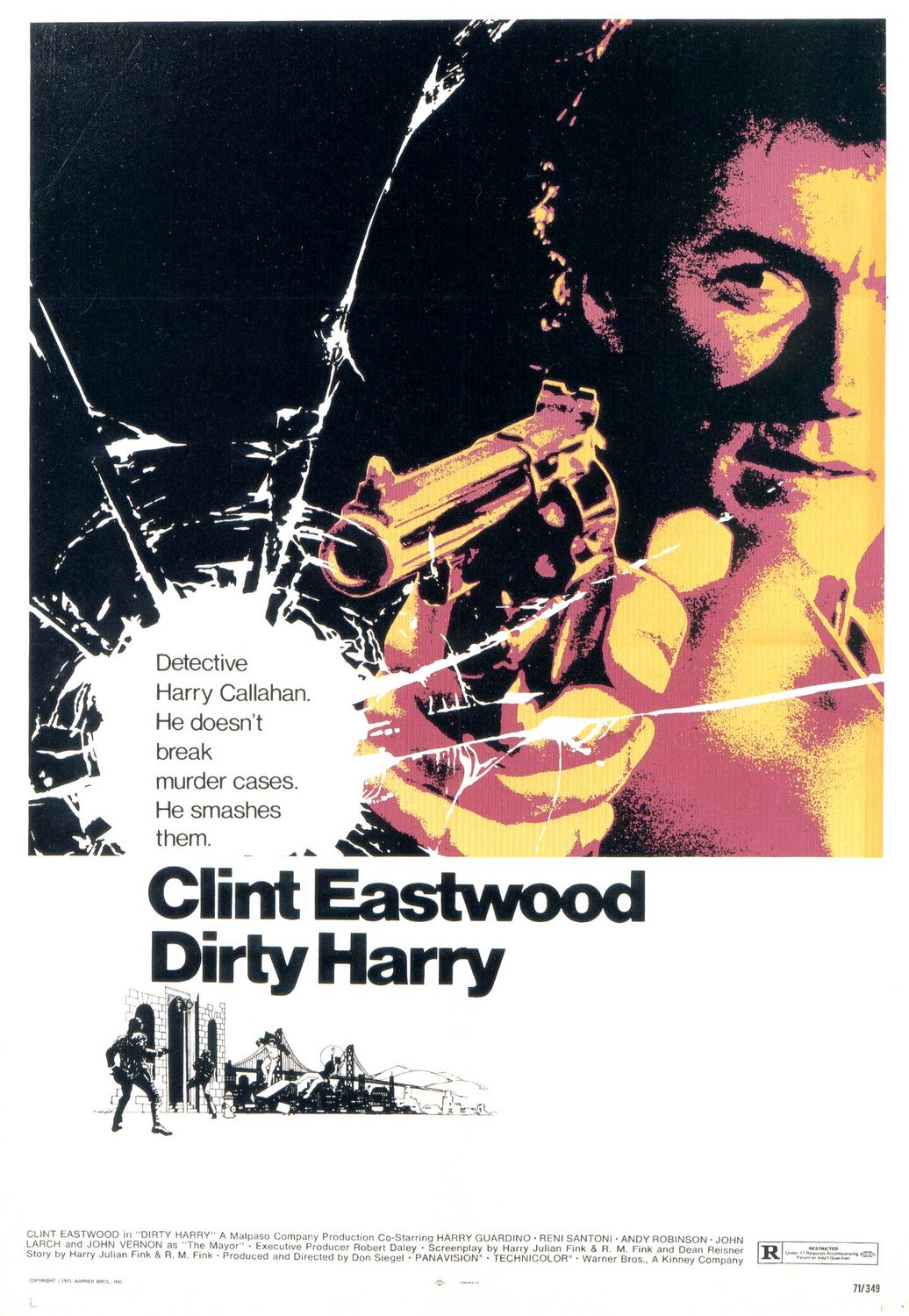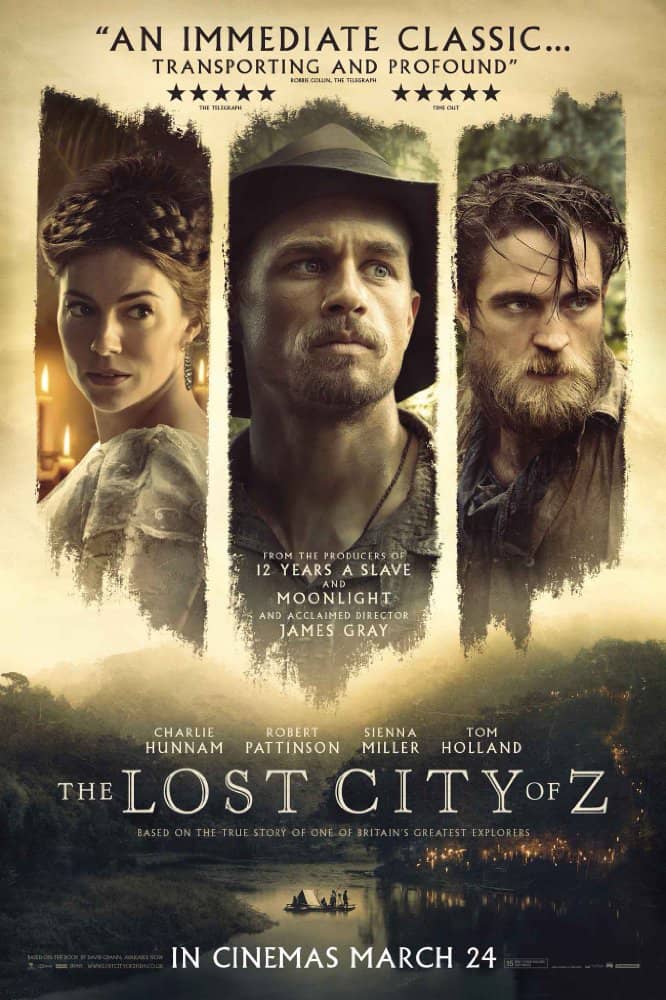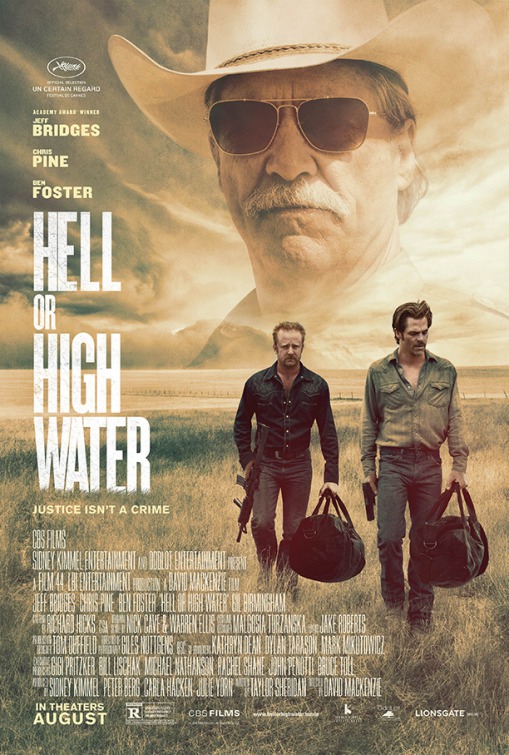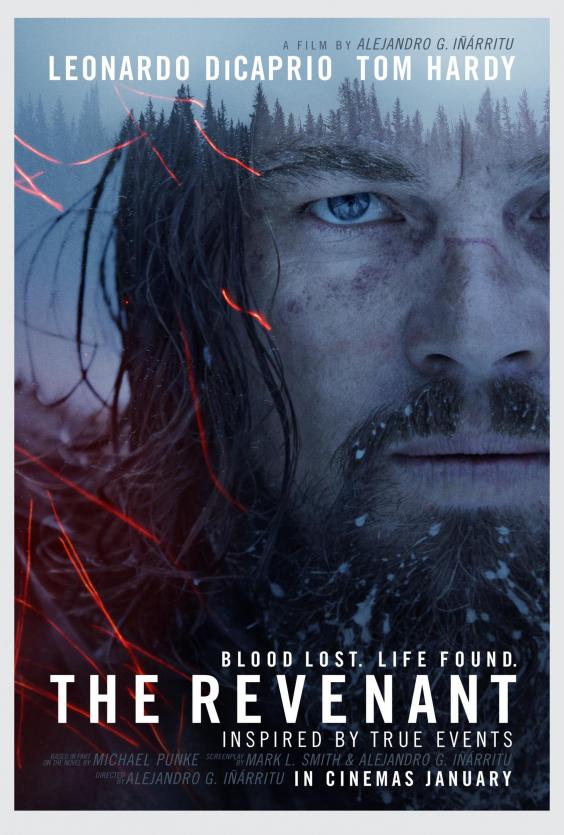Now Playing
Current DJ: moimoi
The High Llamas Sisters Friends (feat. Rae Morris) from Hey Panda (Drag City) Add to Collection
Requests? 773-DJ-SONGS or .(JavaScript must be enabled to view this email address)
[Welcome to The Fourth Wall, CHIRP's weekly e-conversation on cinema. This week, the discussion is about the theme of urban dystopia as portrayed in American movies. . This edition is written by CHIRP Radio volunteers Kevin Fullam and Clarence Ewing.]
 Kevin: "Abandon all hope, ye who enter here..." might as well have been posted at the entrances of America's big cities during the 1970s. Crime skyrocketed in metropolitan areas across the country during this era, and rampant arson famously turned New York City's Bronx into such a war zone that it even warranted an impromptu visit from President Jimmy Carter near the end of the decade. And of course, Hollywood capitalized on these fears by putting its own spin on the story of urban blight*. Who were we afraid of? And who would protect us?
Kevin: "Abandon all hope, ye who enter here..." might as well have been posted at the entrances of America's big cities during the 1970s. Crime skyrocketed in metropolitan areas across the country during this era, and rampant arson famously turned New York City's Bronx into such a war zone that it even warranted an impromptu visit from President Jimmy Carter near the end of the decade. And of course, Hollywood capitalized on these fears by putting its own spin on the story of urban blight*. Who were we afraid of? And who would protect us?
[Even without the threat of bodily harm, 1970s cinema does not paint New York City in a flattering light. The French Connection, Mean Streets, Taxi Driver... these films weren't exactly commissioned by the city's tourism bureau.]
In 1970, the Clint Eastwood classic Dirty Harry introduced a cop (Eastwood's Harry Callahan) who was battling his own administration as much as the crooks on the street; those pesky rules and regulations were interfering with his ability to deliver frontier-style justice. By the time that Death Wish appeared four years later, the police had become virtually impotent and had seemingly surrendered the streets to gangs.
In Death Wish, liberal Paul Kersey (played by Charles Bronson in a career-redefining role) becomes a hardened, gun-toting vigilante after his family is brutally attacked by street thugs. Critics were horrified for what they saw as a promotion of antisocial behavior, but audiences ate it up... though unfortunately, that meant a long line of sequels which grew more bizarre with each iteration.
[Death Wish 3 is firmly in the "So Bad It's Good" camp -- even just the trailer is pure absurdist comedy. And for more madcap humor, check out the trailer for the cult film Class of 1984, about out-of-control high-schoolers. The "school beset by wild youth" theme has been a popular subgenre here -- stretching back from Blackboard Jungle in 1955 to Lean On Me, Dangerous Minds, and The Substitute in the '80s and '90s.]
With no abatement in sight by the end of the '70s, what did people envision coming down the pipe in the future? Enter John Carpenter's Escape From New York, where the America of the future decides to cede Manhattan entirely to criminals, and walls off the borough like a leper colony. The President's plane gets hijacked, crash-lands inside the prison, and it's up to one renegade (Kurt Russell's Snake Plissken) to get him out. Fantastic premise, though the finished product will probably come off as a bit sluggish and more than a little dated today. (Clarence, I know we disagree on this!) Nevertheless, it was a brilliant reflection of the zeitgeist of the time. What do we do about crime?
[Welcome to The Fourth Wall, CHIRP's weekly e-conversation on cinema. This week's subject is the movie The Lost City of Z. This edition is written by CHIRP Radio volunteers Kevin Fullam and Clarence Ewing.]
 Clarence: This week we’re having a look at the story of Percy Fawcett, a military officer and explorer who became a minor celebrity in the UK and US due to a series of expeditions he made to the jungles of Brazil. In 1925, Fawcett and his eldest son disappeared while searching for the Lost City of Z (pronounced “Zed” by the Brits, so I will too), a place Percy was convinced held the remains of an ancient, vibrant civilization of native South Americans.
Clarence: This week we’re having a look at the story of Percy Fawcett, a military officer and explorer who became a minor celebrity in the UK and US due to a series of expeditions he made to the jungles of Brazil. In 1925, Fawcett and his eldest son disappeared while searching for the Lost City of Z (pronounced “Zed” by the Brits, so I will too), a place Percy was convinced held the remains of an ancient, vibrant civilization of native South Americans.
The movie is based on David Grann’s NY Times best-seller The Lost City of Z: A Tale of Deadly Obsession in the Amazon. We’re not dealing with an Indiana Jones fantasy here, but a serious interpretation of a historical figure. As such, I feel it misses several marks.
Structurally, the film has some problems. I’d say the overall pacing is “stately” and “measured” (polite ways of saying “dull”). At the same time, the film tries to dramatize more than 20 years of Percy’s life in one 2+ hour film, which results in a lot of narrative fast-forwarding. For example, there are several sequences that show the arduous journeys up river, the explorers barely staving off starvation, disease, and attacks from natives. Then, when they hit their objective, there’s a smash cut to the characters back in England. The editing choices make it seem that it’s a lot easier to get out of the jungle than to get in.
[Welcome to The Fourth Wall, CHIRP's weekly e-conversation on cinema. This week's subject is the film Hell or High Water. This edition is written by CHIRP Radio volunteers Kevin Fullam and Clarence Ewing.]
 WARNING: MINOR SPOILERS AHEAD...!
WARNING: MINOR SPOILERS AHEAD...!Kevin: While watching Hell or High Water, I was thinking that it's been quite a rough stretch for bankers... but banks have always taken abuse in popular culture, haven't they? They're pretty easy targets for a variety of reasons:
1) By definition, they're symbols of wealth and power.
2) They're largely faceless* institutions -- and like corporations, they tend to have a robotic, uncompromising element to them. Like a Terminator of finance. Good ol' Tywin Lannister of Game of Thrones explained it best when discussing the Iron Bank of Braavos: "You can't run from them, you can't cheat them, you can't sway them with excuses. If you owe them money and you don't want to crumble yourself, you pay it back."
[* Not always, of course. Mr. Potter from It's a Wonderful Life was not a popular man in his town. And Ebenezer Scrooge of A Christmas Carol was so infamous that his last name became synonymous with being miserly.]
3) Banks tend not to be staffed with Dudley Do-Rights who are trying to better society. When it comes to Hollywood, bankers always seem to be trying to put one over on you.
4) Historically, moneylending hasn't exactly been viewed as a noble profession. (And of course, mafia loan sharks go one step further by adding an element of violence to the proceedings.)
I struggle to think of one positive depiction of someone working in the financial industry -- does the cop who snared Al Capone with tax evasion charges in The Untouchables count?
That brings us to Hell or High Water, where brothers Toby (Chris Pine) and Tanner (Ben Foster) are attracting the attention of Texas Rangers (led by Jeff Bridges as Marcus Hamilton) by staging a series of small-time bank robberies. Since the thefts are minor, the witnesses are few, and the proceeds are quickly laundered via casino chips, the duo seems to be faring well. But of course, in typical Hollywood fashion, Tanner is a bit of a hothead who starts taking needless risks that threaten the whole enterprise.
[Welcome to The Fourth Wall, CHIRP's weekly e-conversation on cinema. This week's subject is the Leonardo DiCaprio epic film The Revenant. This edition is written by CHIRP Radio volunteers Kevin Fullam and Clarence Ewing.]

Clarence: This week’s film is a big shift from last week’s selection. We go from technology to the primal forces of nature in The Revenant, directed by Alejandro G. Iñárritu and starring Leonardo DiCaprio.
Set in the 1800s, this is a tale of survival centered on wilderness guide Hugh Glass (DiCaprio), who, along with his son Hawk, is escorting a group of fur trappers through wild territory as they collect a fortune in pelts. A group of Indians attack, and most of the trappers are killed. The remaining group members try to make their way to the safety of a fort. Along the way, thanks to a bear attack and deceit from one of the other trappers, Glass is left for dead and must fight the elements and hostile native American warriors in his quest to get back to friendly ground.
The photography in this movie is drop-dead gorgeous. This didn’t feel like an almost three-hour long movie because there’s so much amazing scenery to look at. The “spherical” camera style of Iñárritu and cinematographer Emmanuel Lubezki is a perfect fit to capture the vastness of the American wilderness.
[Welcome to The Fourth Wall, CHIRP's weekly e-conversation on cinema. This week's subject is the Spike Jonze film Her. This edition is written by CHIRP Radio volunteers Kevin Fullam and Clarence Ewing.]

Kevin: How real do our relationships need to be?
Here's a thought experiment. Think back to when you were a young child. No computer, no phone, and no postal service. The only people you could maintain relationships with were those you could see and touch -- which pretty much meant your immediate family, neighbors, and classmates. That was your entire universe.
What percentage of our relationships today fall under that umbrella? How many of our friends are those with whom we hardly ever share physical space? Does it matter? Should it matter?
With regards to romance, much of the stigma involving online dating has evaporated in recent years. But even if you're contacting folks via the web, you still have to leave your house to set the actual wheels in motion, right? What if you didn't have to leave your house? (Or even put on a clean shirt?) Welcome to the film Her.
In Her, a 2013 Spike Jonze film set in the near-future, Joaquin Phoenix plays Theodore, a sad-eyed romantic who's in the process of getting divorced. One day, he purchases an Operating System with artificial intelligence (Samantha, voiced by Scarlett Johannson) and the ability to learn and evolve. The OS is designed to be a personal assistant, but they soon bond, and become... well, more than friends.